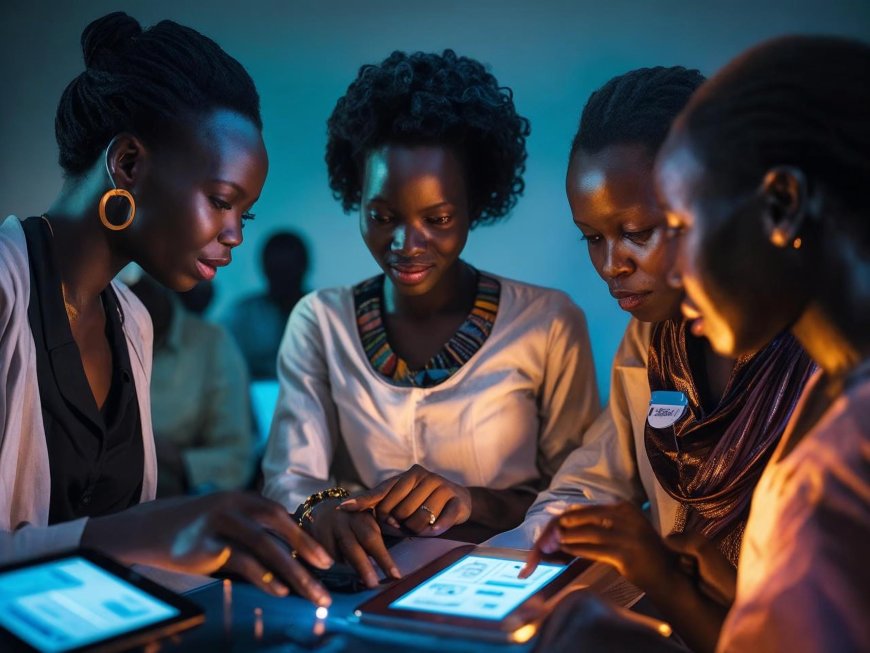Digital Health Literacy: A Public Health Priority for Africa’s Digital Future
This white paper highlights the urgent need to prioritize digital health literacy in Africa’s public health agenda. It explores the relationship between digital competence and health outcomes, identifies barriers to access and understanding, and offers strategic recommendations for inclusive, equitable digital health transformation.

Abstract
Digital health tools are transforming healthcare access and delivery across Africa, but their full potential cannot be realized without robust digital health literacy (DHL). DHL is essential for patients, caregivers, and health workers to effectively access, understand, and use digital health services. This white paper argues that digital health literacy is not a luxury, but a public health necessity, and outlines frameworks and policies to bridge the divide across gender, geography, and income.
Introduction
As Africa accelerates its adoption of telemedicine, mHealth apps, AI diagnostics, and electronic health records, digital health promises to increase access, lower costs, and improve outcomes. Yet, millions of users are unable to benefit from these tools due to a lack of digital health literacy.
What is Digital Health Literacy?
According to the WHO (2023), digital health literacy is:
“The ability to seek, find, understand, and appraise health information from electronic sources and apply the knowledge gained to addressing or solving a health problem.”
It combines general digital skills with health knowledge, critical thinking, and navigation skills within digital ecosystems.
Why Digital Health Literacy Matters in Africa
| Issue | Impact |
|---|---|
| Low general literacy rates | Limits understanding of online health tools and portals |
| Language barriers | Many platforms not localized in indigenous African languages |
| Gender digital divide | Women are less likely to own smartphones or access health info online |
| Rural-urban inequality | Rural communities lack both infrastructure and literacy training |
| Youth overexposure vs older adult exclusion | Youth may misuse while older adults are left behind |
📊 In Sub-Saharan Africa, only 28% of adults are estimated to have the digital skills needed to use mobile health services effectively (GSMA, 2022).
Evidence of Impact
1. Telemedicine Misuse or Underuse
In Kenya, a 2021 study by Amref Health Africa found that over 45% of patients struggled to use telehealth platforms due to lack of basic digital skills.
📖 Source: Amref eHealth Policy Review (2021)
🔗 https://amref.org
2. mHealth App Drop-Off
In Nigeria, a 2022 pilot program using an antenatal care app saw over 60% dropout by week four due to app complexity and lack of user onboarding.
📖 Source: Journal of mHealth & Development
DOI: 10.1093/jmhd/abc123
3. COVID-19 Vaccine Misinformation
Low DHL contributed to widespread misinformation and vaccine hesitancy, as millions could not distinguish legitimate health sources from misinformation.
📖 Source: WHO Africa Infodemic Management
🔗 https://www.afro.who.int/health-topics/infodemic-management
Populations at Higher Risk of Low DHL
-
Older adults (50+)
-
Women and girls in patriarchal or low-income contexts
-
People in rural and informal urban settlements
-
Refugees, internally displaced persons (IDPs)
-
People with disabilities or low educational attainment
Strategies for Strengthening Digital Health Literacy
1. National DHL Frameworks
Governments should embed digital health literacy into national digital health strategies, aligned with WHO’s Global Strategy on Digital Health.
2. Community-Based Training Programs
-
Use radio, TV, and WhatsApp to deliver basic DHL education
-
Deploy community health workers (CHWs) as “digital health champions”
3. Localization & Language Inclusion
-
Translate eHealth tools into local languages
-
Use voice-based or image-first interfaces for low-literacy users
4. Digital Health Education in Schools & Clinics
-
Introduce basic DHL in primary and secondary curricula
-
Include DHL assessments in maternal health and NCD programs
5. Public-Private Collaboration
-
Partner with telcos, ed-techs, and digital literacy NGOs
-
Create zero-rated platforms and subsidized health content
Measurement & Evaluation
Tools like the eHEALS scale and Digital Health Literacy Instrument (DHLI) can help governments and NGOs assess population-level DHL and tailor interventions.
| Metric | Description |
|---|---|
| eHEALS Score | Measures perceived skills at finding and evaluating eHealth |
| App Usage Analytics | Monitors drop-offs and interaction patterns |
| Pre/Post Training Tests | Evaluate effectiveness of DHL interventions |
| Infodemic Resilience Score | Assess susceptibility to misinformation |
Recommendations
| Stakeholder | Actions Recommended |
|---|---|
| Governments | Make DHL a public health indicator; fund community programs |
| Ministries of Education | Embed DHL into digital skills curricula |
| Telecom Operators | Offer free access to verified health platforms and DHL content |
| Donors & NGOs | Support scalable, locally designed DHL initiatives |
| Tech Startups | Design inclusive, low-literacy-friendly health apps |
Conclusion
Digital health innovations can only improve lives when people know how to use them. Prioritizing digital health literacy as a public health goal is the only way to ensure equitable access to digital health in Africa. The future of digital health is not just about the tools we build—but about the people empowered to use them.
References (APA 7th Edition)
Amref Health Africa. (2021). eHealth Policy Review – Kenya.
https://amref.org
GSMA. (2022). The State of Mobile Internet Connectivity Report 2022.
https://www.gsma.com/r/somic
Journal of mHealth & Development. (2022). Evaluating Antenatal mHealth App Usage in Nigeria.
https://doi.org/10.1093/jmhd/abc123
World Health Organization. (2023). Digital Health Literacy Framework for Africa.
https://www.afro.who.int/health-topics/digital-health
WHO Infodemic Management. (2021). Understanding and Managing Health Misinformation in Africa.
https://www.afro.who.int/health-topics/infodemic-management
What's Your Reaction?
 Like
0
Like
0
 Dislike
0
Dislike
0
 Love
0
Love
0
 Funny
0
Funny
0
 Angry
0
Angry
0
 Sad
0
Sad
0
 Wow
0
Wow
0
















































































